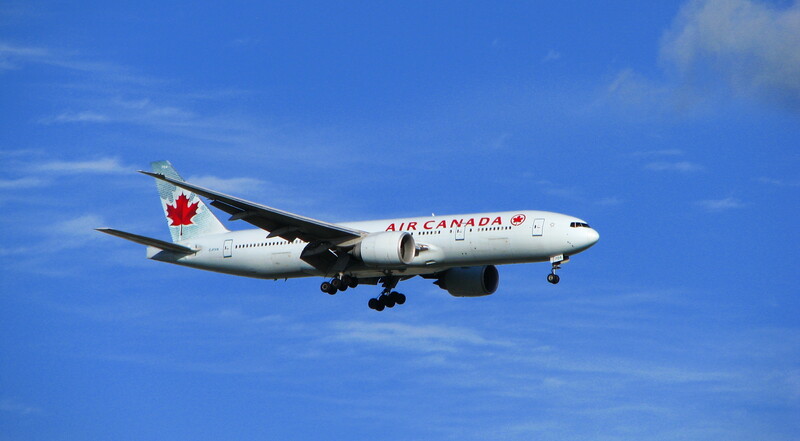You can now add “malfunctioning AI chatbot” to your list of potential travel headaches alongside carry-on baggage fees, screaming babies, and doors that blow off in mid-air.
What happened: Air Canada must reimburse a B.C. flyer $650.88 after a provincial small claims tribunal ruled that the airline’s chatbot misled the customer about the cost of his flight to Toronto. The bot told the man, who was travelling to his grandmother’s funeral, that discounts for trips to funerals can be redeemed after the fact, which isn’t true.
- Air Canada argued that it wasn’t liable for the error, claiming the bot is a separate entity legally responsible for its own actions.
- The presiding tribunal member called this defence “remarkable” (not in a good way) and ruled in the customer’s favour.
Why it matters: It’s getting harder to talk to a real human being when making travel plans as airlines and booking sites increasingly turn to bots to handle queries and customer service. This development is set to make travel (somehow) even more frustrating than it already is.
-
Air Canada and WestJet are leaning heavily on AI for customer service, as are other foreign airlines. U.S. ultra-budget airline Frontier has gone the farthest, eliminating customer service by phone; instead, people are directed to its chatbot or WhatsApp.
- Meanwhile, sites like Booking.com, Expedia, Tripadvisor, and others rolled out AI trip planning capabilities, powered mainly by ChatGPT, that have brought mixed results.
Bottom line: To be sure, folks have also had positive experiences with travel-bots, which should improve as kinks are worked out. Ultimately, as companies look to cut costs and alleviate understaffed customer service departments, more bots are likely on the way.—QH
